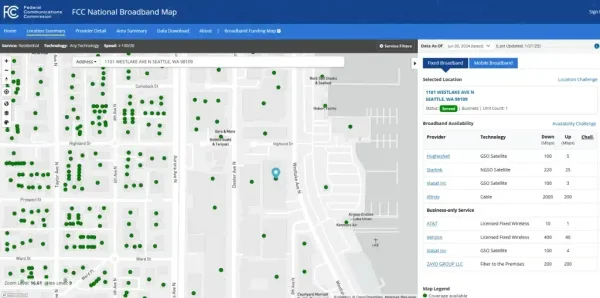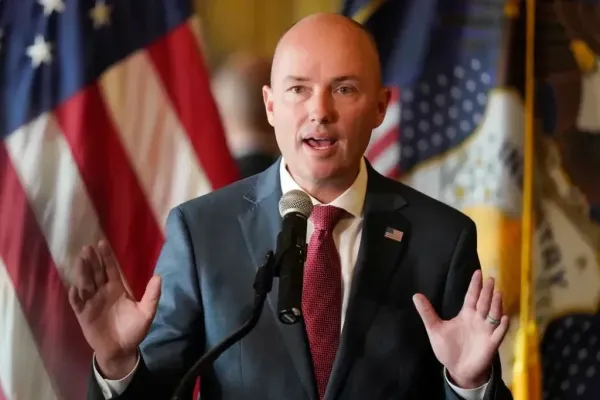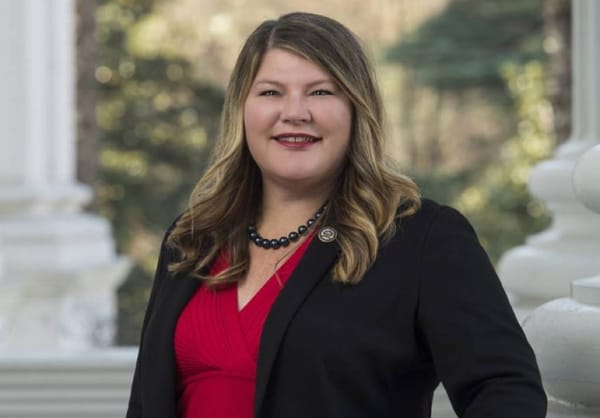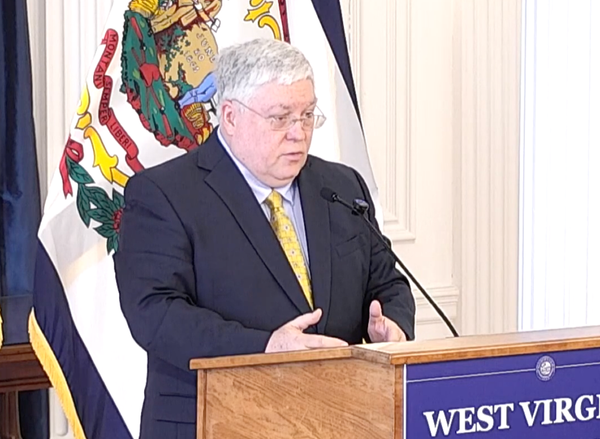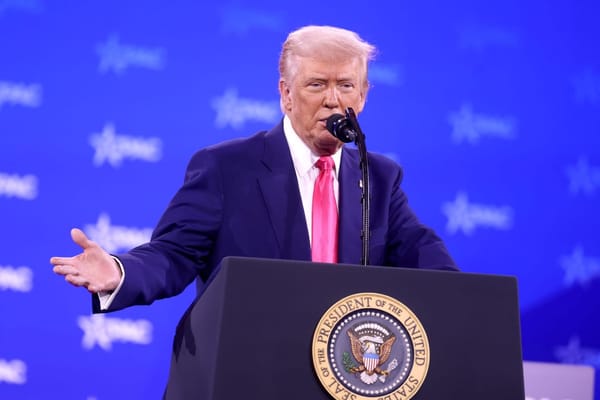FCC Appoints Blackwell to Help Bring Broadband to Tribal Nations
WASHINGTON, June 25, 2010 – The Federal Communications Commissions announced a new appointment in its office of Native outreach this Tuesday, an office responsible for acting as a liaison between the FCC and tribal nations within the United States. The new administrator, Geoffrey Blackwell, will be
WASHINGTON, June 25, 2010 – The Federal Communications Commissions announced a new appointment in its office of native outreach this Tuesday, an office responsible for acting as a liaison between the FCC and tribal nations within the United States. The new administrator, Geoffrey Blackwell, will be responsible for leading the Office of Native Nations to implement the National Broadband Plan’s recommendations for extending broadband access to tribal nations.



